5 Thanksgiving Safety Tips to Keep Your Companion Animals Happy and Comfortable
Pumpkin purée may support your companion animals' upset tummies this Thanksgiving.
Published Nov. 25 2024, 4:39 p.m. ET
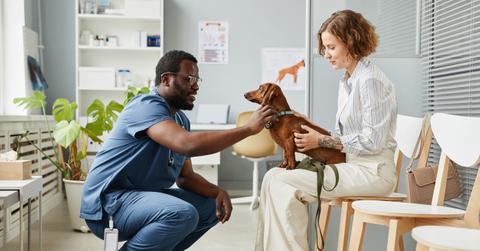
Your companion animal may be the most adorable sous-chef while you prepare your Thanksgiving dinner this year, but do you know which Thanksgiving foods are safe for your furry friend to eat? For example, can your companion animal safely consume the broccoli, mashed potatoes, or carrots on your plate? What about an eggplant?
We answer these questions and more below, so you can have a safe and healthy Thanksgiving with your family's companion animals.
If you suspect your pet has consumed an excessive amount of an otherwise safe-to-eat food — or if they accidentally ate a portion of food cooked with unsafe seasoning — it is best to go to an urgent care veterinary clinic or make a call to your regular vet.
Monitor your companion animal's food intake carefully.
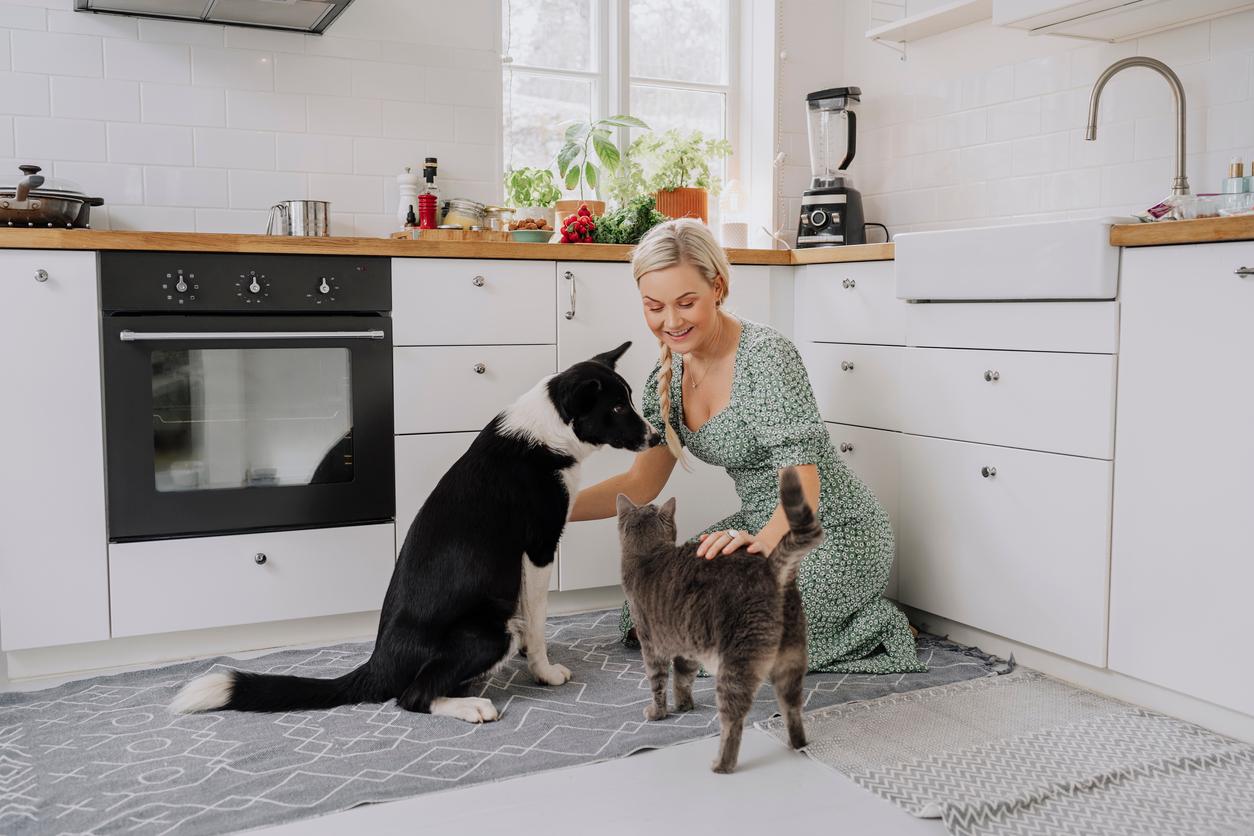
According to the American Veterinary Medical Association, if a family member brings over fatty or sugary foods or turkey with the bones still in it, these should be avoided, as they pose choking and other health hazards to your companion animals.
Unfortunately, many common vegetables and seasonings served during Thanksgiving can kill your dog instantly.
On the other hand, companion dogs and companion cats can safely consume pumpkin as long as it's plain and not sweetened with cinnamon or other additives. According to the Animal Humane Society, pumpkin has a great deal of fiber that may aid your companion animal if they have an upset tummy or other related issues.
Pumpkin is chock full of other vitamins and may support your companion animal's immune system, per the source.
Ensure your guests do not overwhelm your companion animals.
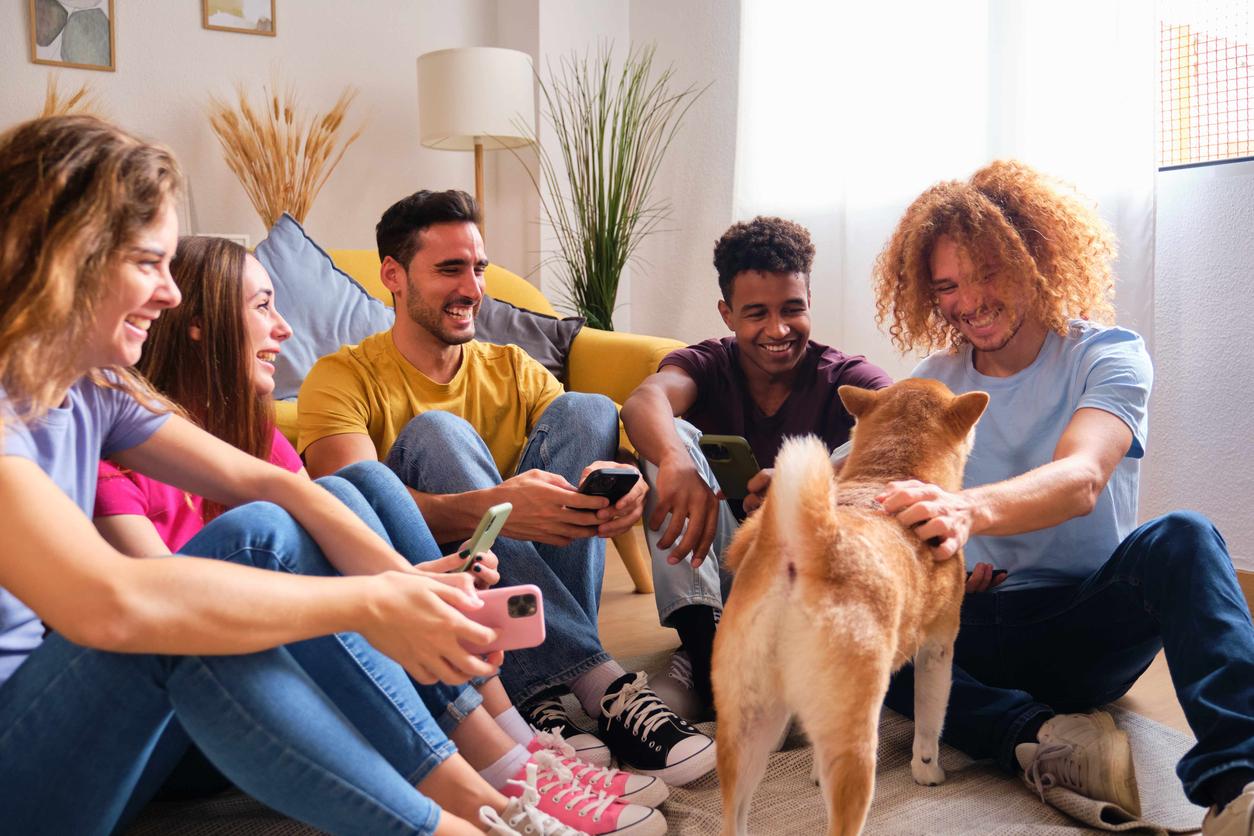
While your companion animal may feel safe around you, they may become overwhelmed if surrounded by a large group of unknown people.
According to the ASPCA, you can help your dog or cat feel less overwhelmed by placing their favorite blankets around the house and keeping doors open in other rooms for them to have a safe space away from people.
Additionally, guests may have belongings on them that are unsafe for companion animals if they accidentally consume them, per the ASPCA. For example, if your guests require medication before or after a meal, your pet getting into the medicine may prove fatal.
Ensure flowers, plants, and decorations are out of an animal's reach.
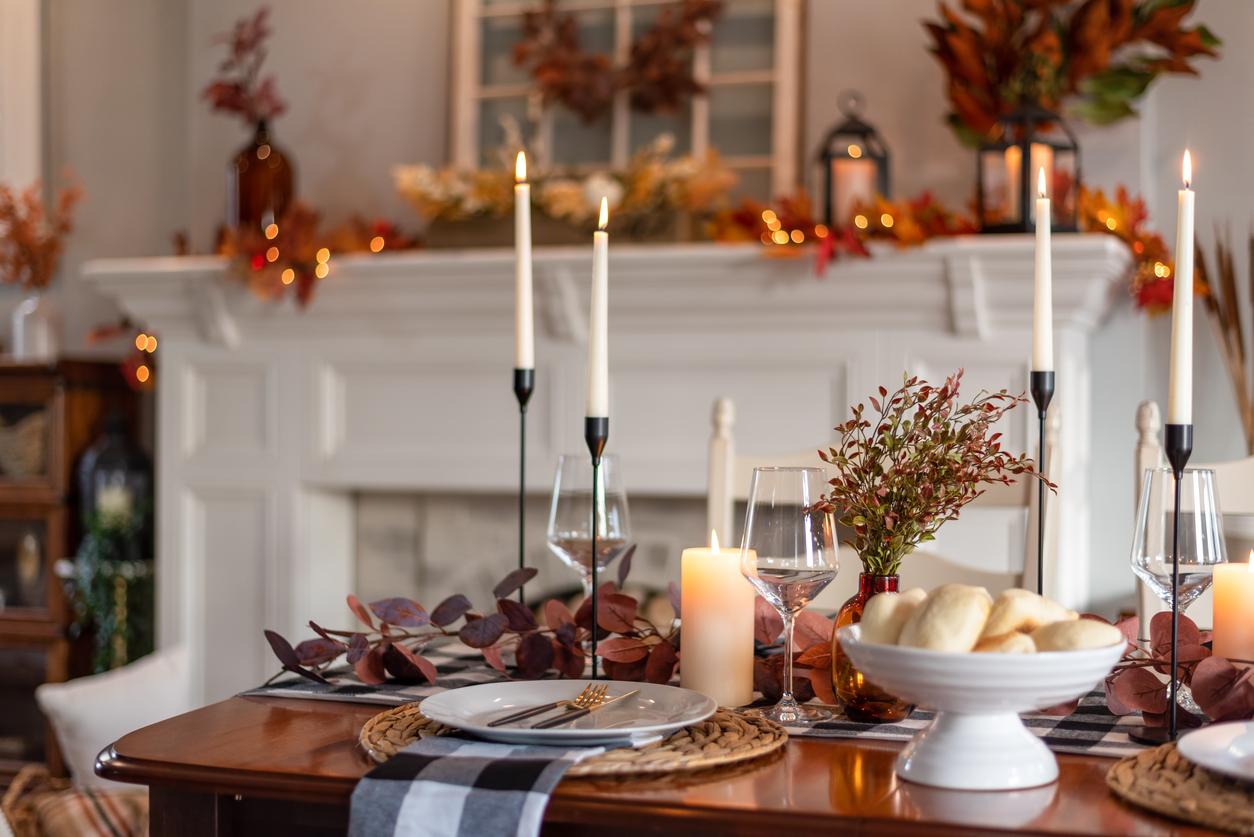
Per the American Veterinary Medical Association, if your guests bring over a plant or flowers that are unsafe for your companion animal, don't put them within their reach.
Similarly, holiday decorations may present choking hazards to curious creatures, so it's best to keep them off the ground from shared spaces. You should also place lit candles up and away from areas where pets reside.
For prickly decorations like scented pinecones, keeping them in a bowl where your pets cannot climb is the safest option.
It is also a great idea to warn your guests ahead of time that certain plants and flowers are dangerous to cats and dogs, and you can recommend a list of non-toxic plants for them to bring instead.
Cooking with Teflon can kill your bird.
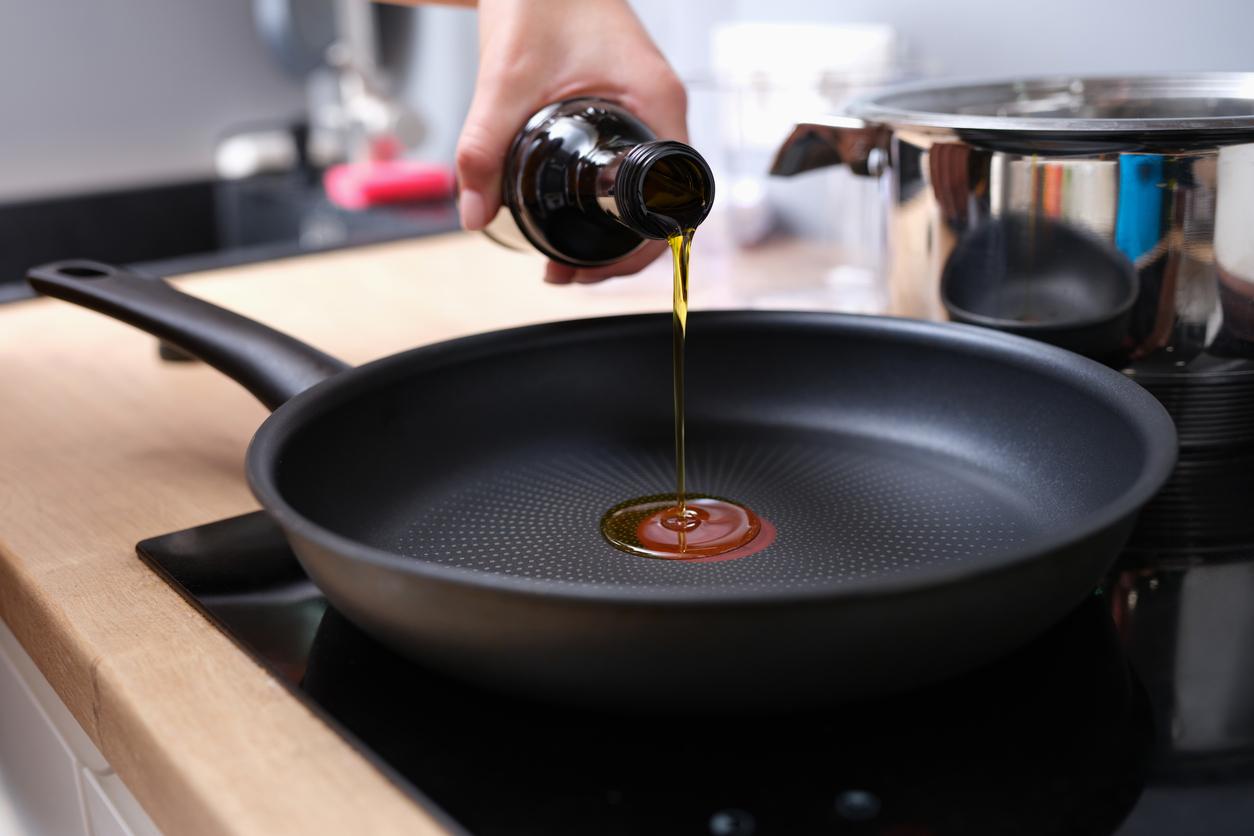
Many families will cook their holiday meals with non-stick pans. According to Nationwide Insurance's Pet Health Zone, non-stick pans are typically coated with polytetrafluoroethylene (commonly known as PTFE) and often sold under the brand name Teflon. The airborne toxins from cooking with Teflon can be fatal to birds.
You must take precautions with your cooking materials if you have a bird in your home.
Be mindful of your trash overflowing.
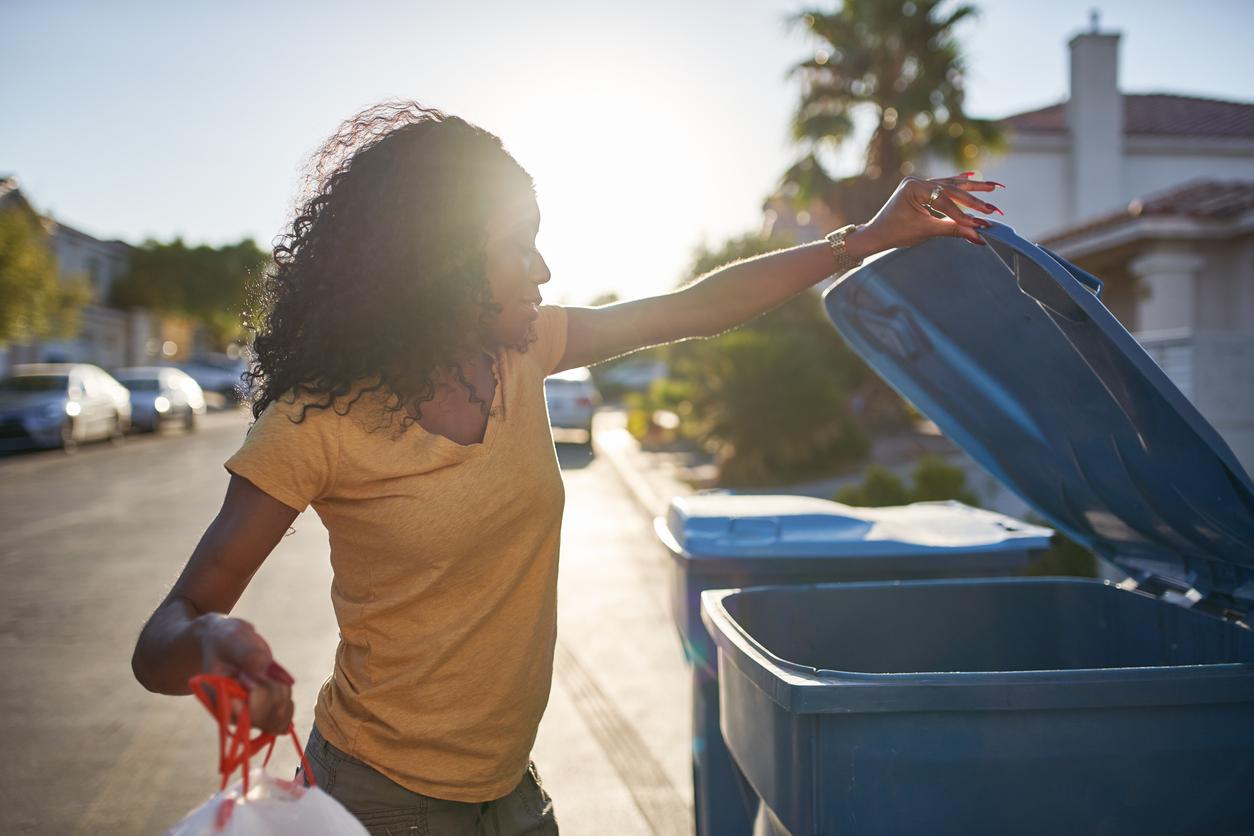
Though you may have prepared for which foods your companion animals can and cannot eat, be sure to keep your trash from overflowing for your pet's safety. Per the ASPCA, bones, chocolate, and other toxic or harmful substances may be present in your trash and pose a risk to your pet.